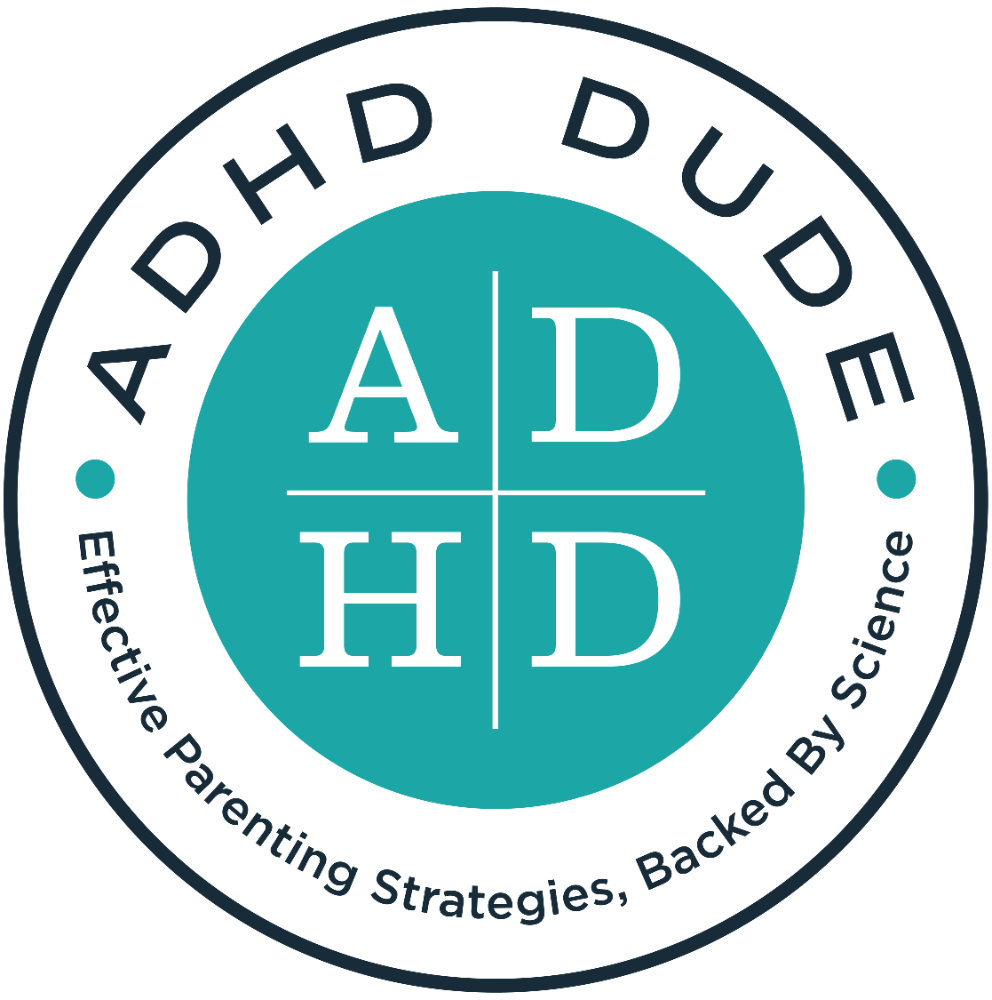Why Oppositional Behavior in Kids with ADHD Is Often Misunderstood
There are very few things I feel strongly enough to say I don't like. But I’ll be honest—Oppositional Defiant Disorder (ODD) is one of them. Not because the behaviors associated with it aren’t real—they absolutely are—but because the diagnosis itself is deeply flawed, misunderstood, and often more harmful than helpful. As a licensed clinical social worker who specializes in ADHD, a former school social worker, and a parent to a child who could easily have been labeled the “poster child” for ODD, I want to offer a different perspective. One that’s grounded in what we now understand about executive functioning, ADHD, and emotional development.
What Is ODD—Really?
On paper, Oppositional Defiant Disorder is a diagnosis based on a pattern of argumentative, defiant, and often hostile behavior toward authority figures. But here’s what’s important to understand: ODD isn’t a neurodevelopmental disorder. It’s a behavioral description.
That means it doesn’t explain why the behavior is happening. It doesn’t point to any underlying mechanism. It simply says, “This child is acting out in these ways.” That’s not a diagnosis in the truest sense of the word—it’s a list of symptoms.
In contrast, ADHD is a neurodevelopmental disorder—like autism—and it's strongly rooted in genetics. When we talk about ADHD, we’re talking about delays in executive functioning, not just attention. And among the most critical (and often overlooked) of these skills is cognitive flexibility.
Cognitive Flexibility: The Missing Link
Cognitive flexibility is your ability to adapt, shift your thinking, accept “no,” and manage change. Kids with ADHD often struggle with this because their brains are still developing these skills—typically two to three years behind their same-age peers.
So if your 11-year-old is acting more like an 8- or 9-year-old in how they handle frustration or respond to limits, that’s not defiance. It’s delayed development.
Inflexibility, difficulty shifting gears, and emotional overreactions—these are executive function issues, not character flaws. But because so many professionals still think of executive functioning as limited to “time management” or “organization,” they miss the root cause of these behaviors.
And that’s where ODD gets misapplied.
Why the ADHD Brain Seeks Conflict
Here’s another important factor: novelty-seeking. The ADHD brain craves stimulation. For many kids, being oppositional, argumentative, or provocative is actually stimulating. It gives them a reaction, a power dynamic, a hit of engagement. Yes, it’s frustrating. Yes, it can look like attention-seeking. But from a neurological standpoint, it’s a way for the ADHD brain to get the stimulation it needs.
This is why some kids seem to push buttons even when they know it’s going to cause conflict. For them, conflict is novelty. That dynamic isn’t intentional manipulation—it’s neurological wiring.
Other Causes That Get Misdiagnosed as ODD
ODD also gets overused in two other common scenarios:
-
Anxiety – Many kids with ADHD also have anxiety. Anxious kids often appear argumentative or defiant because they’re trying to control their environment. When you push back on something that feels threatening to them, their response may be rigid or explosive.
-
Developmental Trauma – Children who have experienced trauma or adverse childhood experiences—especially those who were adopted or experienced disruptions in care—may show oppositional behavior as a way to maintain control and emotional safety.
In both cases, the underlying driver isn’t defiance. It’s a need for stability, predictability, or reassurance.
What Makes “ODD” Go Away?
Here’s something I’ve seen time and time again: kids who are labeled “ODD” often become less oppositional and more flexible as they grow—but only if their inflexibility hasn’t been constantly accommodated.
When we tiptoe around a child’s rigidity—avoiding meltdowns, giving in to arguments, or negotiating every request—we reinforce the very behaviors we’re trying to reduce. Accommodation makes inflexibility worse over time.
But when we step into parental authority, provide structure, and focus on building executive function skills (like emotional regulation and cognitive flexibility), those behaviors decrease.
What I Tell Parents Instead
I always encourage parents not to use the ODD label. It’s stigmatizing, often misunderstood, and doesn’t reflect what’s really going on.
Instead, say something like:
“My child has ADHD and tends to be very inflexible and argumentative, especially when things don’t go his way.”
This helps teachers, therapists, and other adults understand that what they’re seeing isn’t “bad behavior”—it’s behavior rooted in a developmental delay. And most importantly, it helps guide them toward interventions that actually support your child’s growth.
Final Thought: ODD Isn’t a Fixed Identity
If your child has been diagnosed with ODD, please don’t see it as a permanent label. See it as a red flag pointing to something deeper—most likely ADHD, anxiety, or trauma.
When we treat the cause rather than the label, kids improve. They become more flexible. They regulate better. They grow into themselves. But they need the right support—and that starts with parents understanding what’s actually happening beneath the surface.
Want to learn more about how to support your child’s executive function development and emotional regulation?
Visit the Frequently Asked Questions page at adhddude.com — it’s packed with practical, no-nonsense answers for parents navigating ADHD and behavior challenges.
Join Our Mailing List To Get Our Newsletter and Latest Updates
We will never SPAM.



